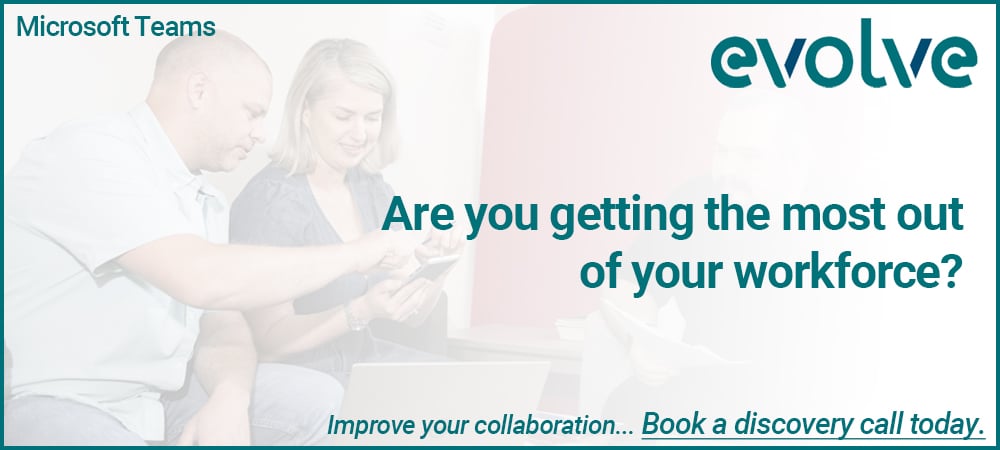Why organisations must learn from remote working impact
James Pomeroy, Director of Quality, Health, Environment and Safety at Lloyd’s Register, explains how results from the global safety assurance specialists’ latest report shines a light on the true impact working from home has had on staff mental health.
Over the past 12 months, millions worldwide have seen their home become their workplace. While many have benefited from reduced commutes and greater flexibility, a number of challenges have also been experienced by those working from home.
With many organisations already committing to full-time flexible working, Lloyd’s Register surveyed 5,500 people who worked from home during the pandemic to assess the global impact on employee health and safety. The results should interest businesses and Occupational Health and Safety (OHS) practitioners, indicating the challenge that lies ahead as we prepare for a post-pandemic world of work.
Impact on wellbeing
Before we address the challenges, the positive impact of working from home should be acknowledged. More than half (52%) of respondents confirmed that working from home has led to a better work-life balance. However, 22% felt they are working longer hours than before, 17% feel more isolated from their colleagues and 9% are more anxious.
The global picture is of a significant increase in work-related stress levels throughout 2020. Indeed, 69% of employees have reported higher levels of work-related stress while working from home, driven by increased workloads and changes to working patterns to meet resource demands. On a national level, this figures peaks at 84% for those working in the UAE. Worryingly, in every country surveyed, the majority of workers have experienced rising stress levels.
One of the challenges for employers as we adapt to a more remote working environment is being able to spot the signs of stress. Unfortunately, the survey found that not all employees are comfortable disclosing a mental health issue. In fact, nearly half (48%) of respondents believed that disclosing mental health issues could have a negative impact on career progression.
Clearly, more needs to be done to tackle the stigma around mental health in the workplace. Managers can lead by example, sharing their own experiences with team members and colleagues. By being open and talking about their own feelings and encounters, leaders can give others the confidence to speak about their day-to-day challenges. Creating a safe and inclusive environment will help alleviate concerns that poor mental health will impact job progression.
Potential health & safety gaps
This survey also examined the support employers have put in place, with one in four employers revealing that they had not received mental health and wellbeing support. Organisations have a duty of care, and if remote working becomes a permanent shift then it is clear attitudes and policies regarding mental health need to change.
Indeed, over half (52%) of those surveyed felt that their employer places more emphasis on physical safety, than on overall wellbeing, with just 26% saying it was ‘about the same’. These results suggest that organisations may need to re-balance the focus of physical safety and mental health support.
If policies are in place, effective communication becomes the priority. According to the survey, organisations are communicating well on the whole. More than 80% of those asked said they felt ‘very’ or ‘somewhat’ informed by their employer, while 74% said they had been directly consulted when changes to the way they work had been implemented. It is critical that this continues.
Measuring effectiveness
There is, however, a need to consider how best to measure the effectiveness of OHS procedures currently in place. Traditionally this has been done using outcome-based metrics, such as the number and frequency of injuries, sickness and work absences. Yet, such objective metrics are inadequate when it comes to mental health and wellbeing. As OHS professionals become more involved in wellbeing and health, greater focus will need to be given to listening to workers’ experience, using surveys, discussion forums and sentiment analysis tools so the “voice of the employee” can be heard.
Communicating is key
As companies plan for more permanent changes to working policies, a forward-thinking approach must be embraced, putting both the physical and mental health needs of staff at the heart of those plans. Here, consultation has an integral role to play. It enables organisations to identify blind spots, as working conditions change, and also to understand the unique conditions impacting different job roles or regions, where businesses operate globally.
Businesses can also look towards international standards, such as ISO 45001, to adapt policies effectively. The survey indicates that improvements are likely needed to help protect employee welfare across the global workforce. ISO 45001 provides a strong framework to help organisations review the effectiveness of their OHS management and prioritise improvements. In addition, guidance documents ISO/FDIS 45003 and ISO/PAS 45005 provide detailed support.
The health and safety profession is approaching a defining period, as organisations look towards the profession to establish new ways of working. The results from Lloyd’s Register’s survey highlight the global challenges and risks of new ways of working. Organisations must balance the provision of physical and mental health support, while embracing international standards. If change isn’t managed appropriately, organisations may face exacerbated challenges.
What Now?
We’re Evolve, and we’re here to guide your business’ digital transformation. With a wealth of experience deploying solutions and managing IT for various firms we are uniquely placed to help your business overcome the challenges posed by the current crisis and look optimistically to the future.
You can contact me on LinkedIn @davidatevolve, by telephone 020 8939 8481 or on our Contact Us page


